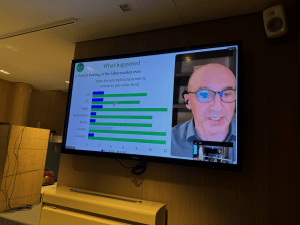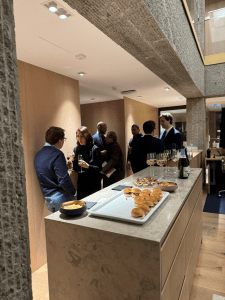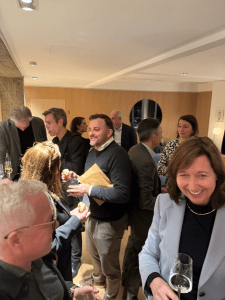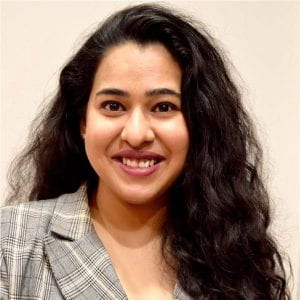The concept of foundation models lies at the core of generative AI. These models, like GPT, have pre-trained on massive amounts of data, including books, articles, and websites. This pre-training enables them to understand complex relationships in language and generate human-like responses. While they can excel in tasks like writing Shakespearean novels or composing poems, it’s important to note that these models are probabilistic and rely on patterns learned from existing data. They can’t create entirely original content beyond their training data.
Advancements in Natural Language Processing 16:18
The advancements in generative AI, particularly in natural language processing, have significantly expanded its applications. While early AI models were proficient in image processing, they lacked capabilities in text processing. Generative AI, represented by models like GPT, has bridged this gap, making strides in understanding and generating human-like text. This has led to improvements not only in various professions but also in creating new content, including articles, poems, and more, by leveraging the large language models’ ability to comprehend and mimic human language.
Value Chain and Applications 26:58
The generative AI value chain comprises infrastructure, foundation models, and applications. Established cloud platforms like AWS, Azure, and Google Cloud dominate the infrastructure layer. Foundation models, such as GPT, can be used via APIs, but maintaining data quality and security is challenging. Startups opt to train their own models for accuracy. Applications include content writing, code generation, image processing, audio creation, and personalized content. Plugins integrate generative AI into existing businesses, while diverse use cases exist across various sectors.
Diverse Use Cases and Opportunities 32:06
Generative AI finds diverse applications across text, image, and multimedia domains. It assists in content creation, generates code, processes images, creates music, and offers personalized content. Applications extend to drug discovery, product design, and content integration. Plugins are being developed for various platforms, enabling seamless integration with services like Instacart and Coursera. While risks like hallucinations, biases, and potential hacking exist, efforts are being made to improve model transparency and ethical practices.
Risks and Ethical Considerations 36:54
Generative AI introduces risks like hallucinations, misinformation, and biases due to the vast and sometimes skewed data it learns from. The potential for hacking and malicious use is also present. Efforts to address these concerns include ethical boards, improving model transparency, and setting up guardrails against malicious use. Inherent biases in AI models and data need careful handling to ensure fair and equitable outcomes, particularly when decisions impact human well-being.
Content Creation and Personalized Learning 41:50
Generative AI offers concise and comprehensive content generation across various domains, catering to different learning styles. It can create poems, images, emails, and even personalized learning plans. The versatility extends to various educational levels and communication styles. However, challenges remain in guarding against misuse, security breaches, and biases. This technology’s rapid development requires ongoing ethical considerations and adaptation of established software security practices.
AI Tutor and Learning Process 50:58
AI chatbots function as personalized tutors, catering to different learning needs and expertise levels. They can create customized learning plans, break down complex subjects, and adapt content to different learning styles. While AI-driven learning has potential, users must adopt a unique perspective and engage actively for effective understanding. As AI models refine their outputs through iterative processes, it’s important to align expectations and remember that AI-generated content is a tool for learning rather than a substitute for genuine understanding.







